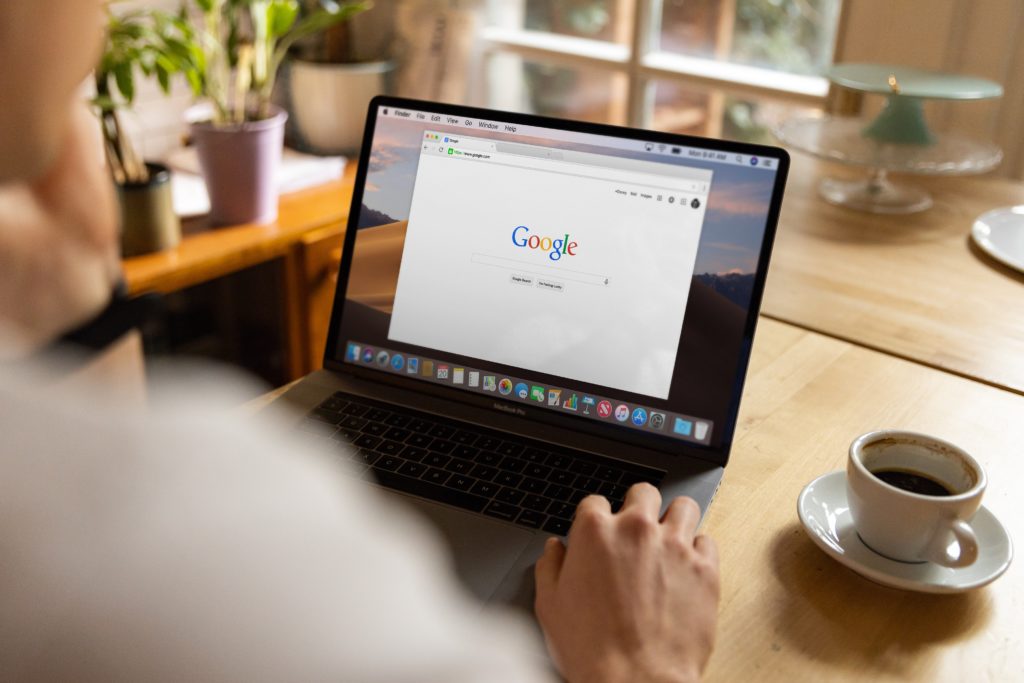Protecting your reputation, specifically online is an essential element in your personal brand and a crucial step in improving the success of your business.
In this world, a brand’s reputation is generally dependent on social media and online reviews. If a consumer Google’s your brand’s name. What will be the first thing they find? Will it be positive or negative?
In the past, there have been many cases of reputation damage over social media posts. In 2009, two employees of Domino’s Pizza posted a spoof video on YouTube showing them making unsanitary pizzas. The video was viewed over a million times before the firm reacted, causing substantial reputational and share price damage.
Another real incident was when a Lacoste employee was fired for posting a photo of his paycheque on Instagram. The company claimed he had breached confidentially agreements.
These are two examples that might seem a little bit extreme. But they really illustrate how social media, when used in a way that’s not smart, can be dangerous to your reputation.
What is Online Reputation Management?
Reputation management is a method of monitoring your brand’s social media presence and influencing how your brand is perceived online.
There’s a lot of online reputation management services out there today that don’t understand what reputation management is all about. They start concentrating on SEO, for instance, or post quick social media posts, without real intelligence behind them. This can do serious damage to your brand.
You might be losing a new career or business opportunities without even realising it, because of what shows up online about you. Monitoring every aspect of your social media presence can lead your brand to long-term success.
Your Online Reputation is Essential
Before signing up for company services or meeting a potential business associate, people do a search online. This is what most people do before they agree to work with brands. This will happen in your business, your neighbour’s business and in your competitor’s business.
The last thing you want is anything to be shown online about you that’s incongruent with who you are, what you represent, and what your image personal brand and reputation is all about,
So, your online reputation is an essential element of your personal branding Personal brand is what communicates your reputation. Personal brand and reputation is what a brand is known for
Protecting Your Online Reputation allows you to remain in the driver’s seat when it comes to your online search results unless somebody intentionally damages you. But, we’re talking about what you can control.
Don’t panic, there are ways how to protect your online reputation. Here’s a few tips that allow you stack the odds in your favour as opposed to keeping them to chance.
1. Google Your Reputation
Google yourself and see what shows up, just have a quick look good. Don’t just search up the news and texts, look at images, videos, in all areas. This is crucial.
If you find something that you’re not happy with all your regret posting, including social media, delete it and do it immediately.
Whatever you’ve posted is online forever. It’s in the archives. however, it’s possible you can still take it off from search results. It’s unlikely people will go into the history of who you are, unless, obviously, they need to find archived material and see what you’ve posted in the past. The first impressions and the first perceptions will be positive if you can get it all removed.
2. Social Media Cleanup
Delete any negative comments, links, or images that could potentially be harmful to your online reputation from all your social network sites.
This doesn’t necessarily mean anything part of a conversation of intellectual curiosity. For instance, a tweet that specifically created the bite.
We’re talking about things that could do harm to you. Maybe you were partying too much one particular evening, or you said a few controversial comments. Some things are out of our control. However, you can get dragged into something that you didn’t have much to do with.
So just be conscious of that. Things like this can blow out of proportion and quickly damage your reputation. Ask yourself, “Is this really what I want to see on the front page of a newspaper?” If your answer is no, then it’s time to safeguard your reputation.
3. Manage Your Social Media Settings
This means virtually managing your settings in a way that you know what’s coming up and what notifications are happening. A way that you’re gonna be in control, at all times. You should try to automate this as much as possible. Since it might be risky to be very hands-on with it, a lot of mistakes can happen.
However, leaving everything to tech can be a risk within itself and it’s not enough. It’s wise to be hands-on as well. There needs to be a human being also managing your settings. Automation can only do so much.
Branding expert being in control and keeping accounts secure protects brand integrity. Social media is key component to marketing and engaging with consumers. If your accounts are hacked, it do serious damage to your business and it’s reputation.
Take all the right measures. Make sure all your accounts are safe from hackers.

4. Google-friendly
Make sure your website or blog is google friendly. This includes:
- Including the right keywords.
- Conducting a keyword search
- Setting up all your Meta tags.
- Utilising SEO tools.
Develop a plan to become Google-friendly and make sure you work through these recommendations. These strategy optimisations will give lead your brand to a strong position in search results. It’s also important that everything specifically communicates exactly what your personal brand is. This includes your goods and services. Make sure everything is spelled out. Making your website understood by Google is one of the best efficient investments you can make
5. Think twice before you post anything.
This is a pretty obvious one. Don’t post for the sake of posting. There’s already so much noise and junk online. If you’re gonna post something, make it worthwhile. Make it count.
This is where your reputation and thought leadership comes into play. Take notice of your posts. Not every post represents thought leadership, thought leadership is about building on to your reputation. You’ll see a lot of posts today that do actually the opposite of that. In world full of copycats, influencers and online scammers, positioning yourself as a thought leader can be a challenge.
Task yourself with posting quality content regularly on social media that captivates audiences. Engage with every comment or message you receive to create a loyal and strong community.
Make it your mission to publish quality content that, enhances credibility, builds trust and protects your online reputation.
It takes consistency to become worthy of a thought leader.

Jon Michail, Image Consultant | Personal Branding Coach | Business and Personal Branding Strategist | Author | Group CEO and Founder, Image Group International |
Image Group International are Entrepreneurial Activists. Rebels With a Cause!
Jon Michail, Founder and award-winning Chief Imagemaker together with his team at Image Group International help executives and entrepreneurs to build, grow, and monetise their personal brands (online and offline). They help their clients by positioning them to stand out so they attract their ideal clients.
They are committed to maximising an individual’s personal impact, influence, and value in the ever-changing and disruptive business environment.
Image Group International is recognised as Australasia’s leading personal brand image advisory, with over 29 years of proven results.
Continue Reading
- Why Invest in an Authentic Personal Branding Coach?
- IN THE NEWS: Ash Barty’s Meteoric Rise to be the #1 of World Tennis
- A win for small business collaboration: Local Artist Deborah Halpern achieves international success amidst Melbourne Lockdown
- Our Top 12 Style Quotes
- Using an image consultant for women

